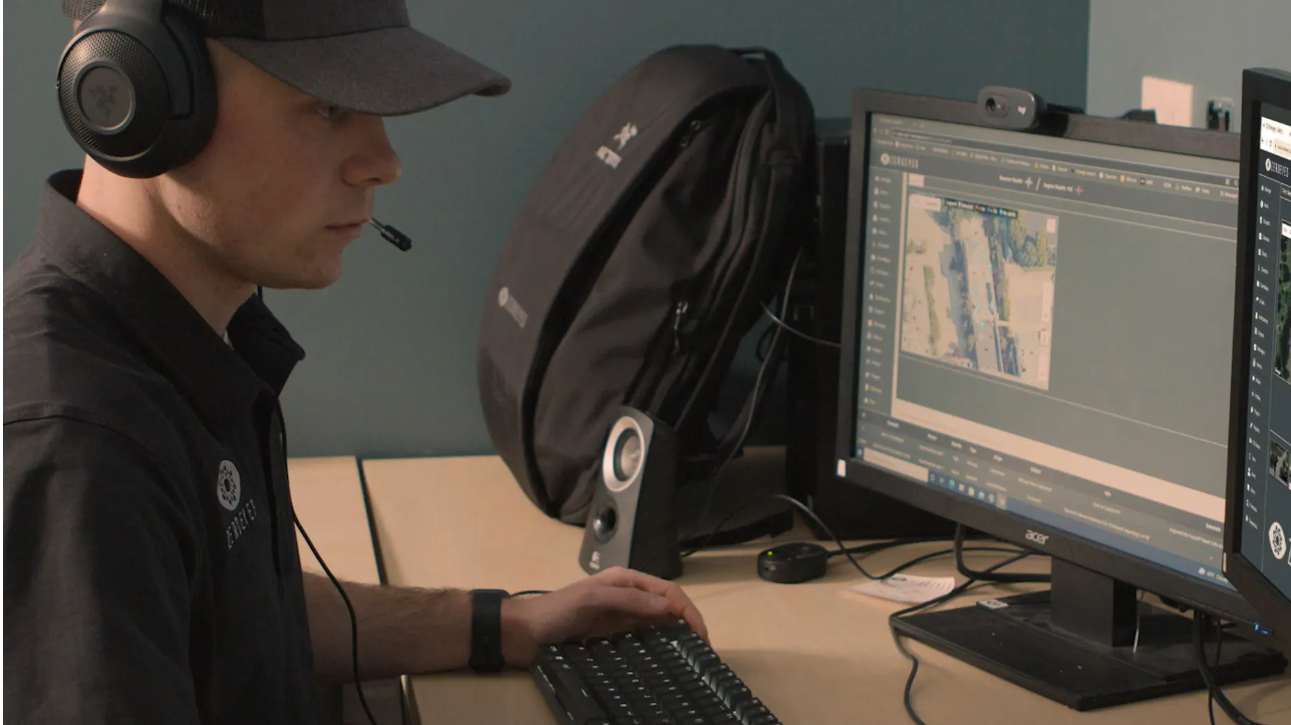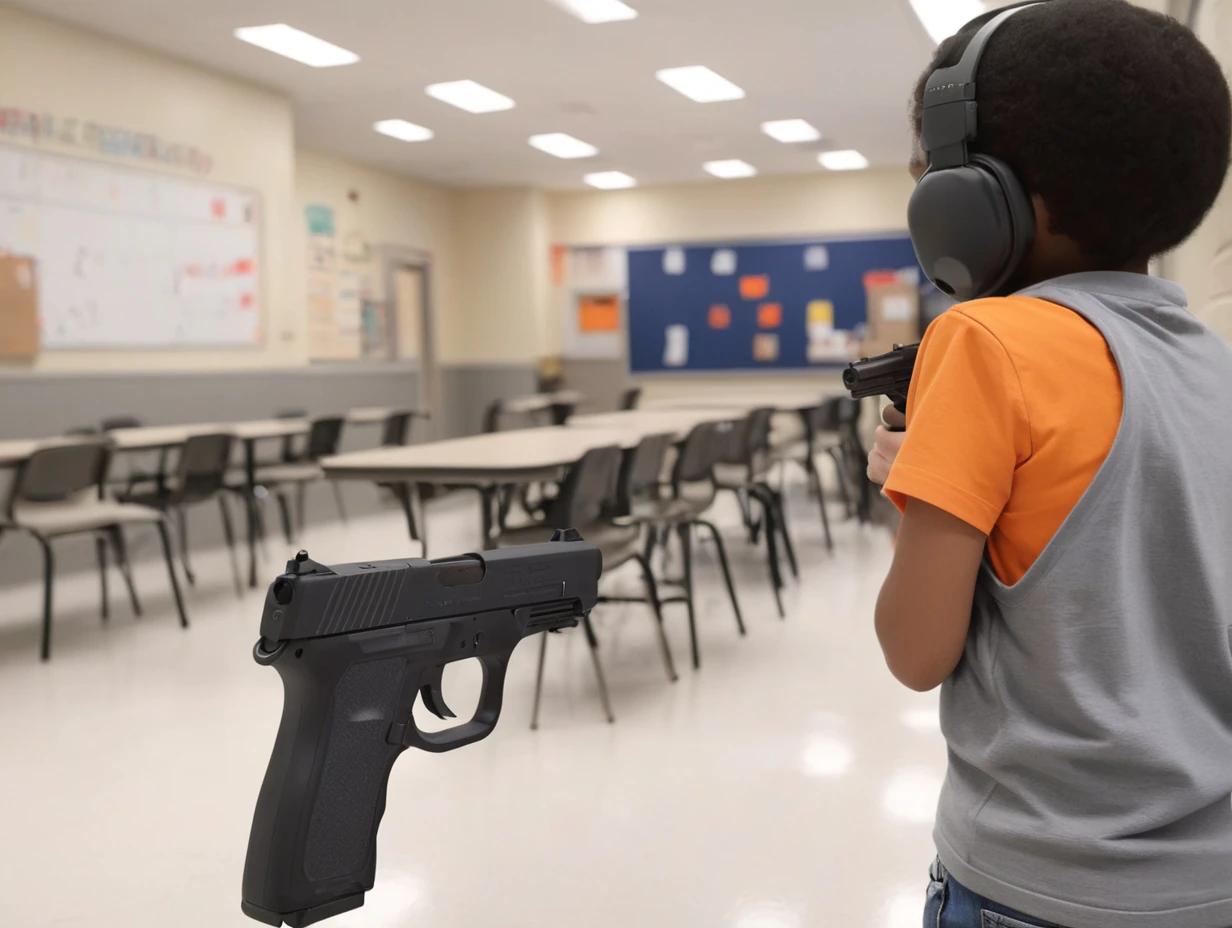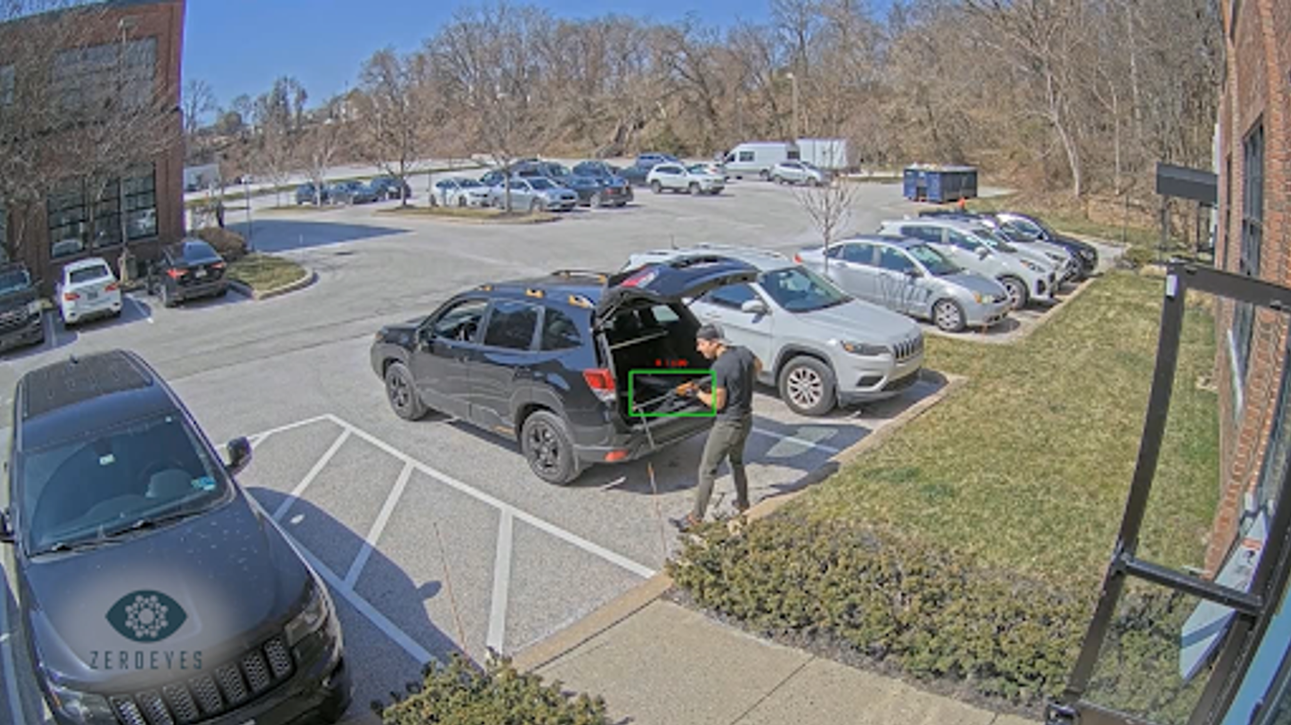In a push towards bolstering schools safety, US state governments are poised to inject millions in funding for advanced artificial intelligence (AI)-powered firearm detection systems. This initiative underscores an increasing reliance on technology to address the urgent need for improved security measures in educational institutions.

The Quest for High-Tech Safety Solutions in Schools
Recent legislative activities indicate a significant shift towards integrating high-tech solutions in schools to deter and detect threats. Notably, Kansas is at the forefront of this movement, with plans to allocate $5 million in grants for AI systems that meet rigorous standards.
These include being patented, recognized as qualified anti-terrorism technology, adhering to specific industry standards, being operational in over 30 states, and possessing the capability to detect a wide array of firearms.

This stringent criterion ensures that only the most reliable and effective technologies are employed to safeguard students. Currently, ZeroEyes, a company founded by military veterans in the wake of the tragic Marjory Stoneman Douglas High School shooting, stands as the sole provider meeting Kansas’s requirements.
ZeroEyes: A Pioneer in AI Gun Detection
The narrative of ZeroEyes began in response to the increasing frequency of school shootings, with the founders aiming to leverage their military expertise to create a safer educational environment.
Their technology not only satisfies the stringent requirements set by various states but also represents a broader trend in safety technology adoption across the US.
ZeroEyes’s system is remarkable for its precision in identifying a vast range of firearm types through surveillance footage, thereby providing real-time alerts to authorities and school administrators. This capability is critical in enabling swift responses to potential threats, potentially saving lives.
Legislative Support and Nationwide Adoption
The endorsement of AI-powered gun detection systems by states like Missouri, which recently passed legislation to provide schools with matching grants for such technology, is a testament to the growing confidence in digital solutions to combat gun violence in schools.
Similar measures are being considered or have already been enacted in several other states, including Florida, Iowa, Michigan, Utah, Colorado, Louisiana, and Wisconsin, signaling a nationwide move toward adopting these advanced security measures.
Hernando County, FL students passed a gun around on a school bus and other students didn't report it.
School district has a multi-million dollar contract for AI gun detection.
Building trust with students to "See something, Say something" is the way to find these weapons. pic.twitter.com/QsNRupGtYl
— K-12 School Shooting Database (@K12ssdb) February 9, 2024
Silicon Valley’s Contribution: Iterate.ai’s Entry into School Safety
Meanwhile, Silicon Valley is not far behind in contributing to school safety. Iterate.ai, initially designed to tackle retail theft, has repurposed its technology for gun detection in schools. By utilizing existing security camera infrastructure, Iterate.ai offers a cost-effective and efficient solution to enhance campus security.

According to Matt Frary, a spokesperson for Iterate.ai, the primary goal is to ensure the safety of children, with the technology already sparking interest among numerous educational institutions across the Bay Area.
The system’s ability to integrate seamlessly with most existing security cameras and notify authorities within moments of detecting a weapon underscores the technological advancements being leveraged to secure educational environments.
Looking Ahead: The Future of School Safety
As AI technology continues to evolve, its integration into school safety measures appears increasingly inevitable. These systems provide a promising avenue for enhancing security protocols, ensuring a safer learning environment for students across the nation.
With states actively legislating in favor of these technologies, the future of school safety is poised to be robustly shielded by the advancements in artificial intelligence.










